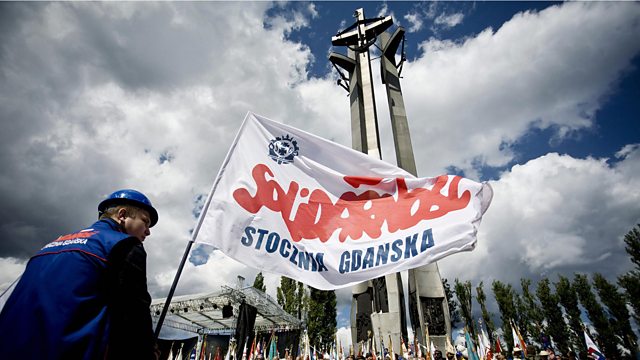Remembering Solidarity
Lech Walesa, Janusz Onyszkiewicz, Ewa Kulik, Jan Krzysztof Bieleck and Jacek Petryck reflect on Solidarity, the movement in the 1980’s that helped end communist rule in Poland.
The strike that shook the Kremlin began just after dawn on 14 August 1980. About 17,000 workers seized control of the Lenin Shipyard in Gdansk, Poland, to protest, among other things, a rise in the price of food. Their leader, Lech Walesa, had narrowly avoided arrest by secret police that morning, and had managed to scale the wall of the shipyard gate to join the workers. Within days, most of the country was affected by factory shutdowns.
Seventeen days later, the Communist authorities signed the Gdansk Agreement with Walesa. In its wake, workers’ representatives formed the Independent Self-Governing Trade Union, Solidarity - the first independent trade union in the Soviet Bloc. In the months that followed, 10 million people in Poland joined Solidarity. But the regime tried to block, delay or otherwise cheat on all the main points of the agreement, repeatedly driving Solidarity into confrontation. Sometimes Poland seemed close to civil war.
Solidarity’s former spokesman Lech Walesa, Janusz Onyszkiewicz, Ewa Kulik who ran the underground movement in Warsaw, former Polish Prime Minister Jan Krzysztof Bielecki and the film-maker reflect on the movement that ended communist rule in Poland.
(Photo: A shipyard worker holds aloft a Solidarity trade union flag in front of the Shipyard Workers Monument in Gdansk. Credit: Wojtek Radwanski/AFP)
Last on
More episodes
Broadcasts
- Sun 12 Nov 2017 04:06GMTΒι¶ΉΤΌΕΔ World Service except News Internet
- Sun 12 Nov 2017 14:06GMTΒι¶ΉΤΌΕΔ World Service except News Internet
- Wed 15 Nov 2017 00:06GMTΒι¶ΉΤΌΕΔ World Service Australasia, Americas and the Caribbean, UK DAB/Freeview, Online & Europe and the Middle East only
- Wed 15 Nov 2017 09:06GMTΒι¶ΉΤΌΕΔ World Service except News Internet

